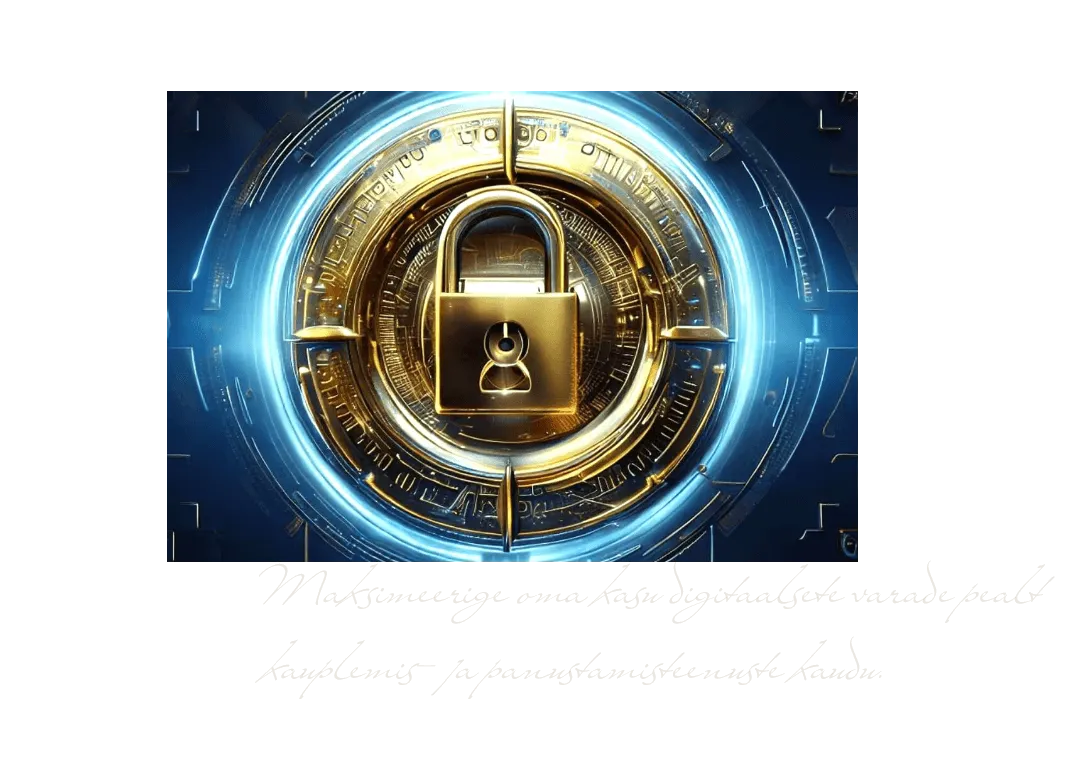The history of cryptocurrency storage is a fascinating journey that has
evolved alongside the development of digital currencies themselves.
Cryptocurrencies emerged as a revolutionary concept with the introduction
of Bitcoin in 2009, but the issue of securely storing these digital assets
quickly became a significant concern.
In the early days of cryptocurrencies, users relied heavily on software
wallets. These wallets were typically downloadable applications that
stored private keys and allowed users to interact with the blockchain.
While convenient, software wallets faced numerous security risks, as they
were vulnerable to malware, hacking, and data loss due to hardware failures
or user errors.
As the value of cryptocurrencies soared and the number of users increased,
the need for more secure storage options became evident. In 2011, hardware
wallets were introduced as a response to the growing security concerns.
Hardware wallets are physical devices designed to store private keys offline,
making them resistant to online attacks. This added layer of security made
hardware wallets a popular choice among cryptocurrency enthusiasts.
In the following years, mobile wallets emerged, offering users the convenience
of accessing their cryptocurrencies on-the-go through smartphone applications.
While more practical for everyday transactions, mobile wallets still faced the
challenge of being susceptible to mobile malware and phishing attacks.
The concept of paper wallets also came into play during this period. Paper wallets
involved generating and printing out the private keys on a physical piece of paper.
Since the keys were never stored online, this method offered a high level of security.
However, paper wallets posed the risk of physical damage, loss, or theft.
Another significant advancement in cryptocurrency storage was the introduction of
multisign wallets in 2012. Multisign, short for multi-signature, required multiple
private keys to authorize transactions. This increased security by adding an extra
layer of verification and reduced the risk of a single point of failure.
Despite the progress in cryptocurrency storage solutions, the industry continued to
face security breaches, exchange hacks, and instances of users losing access to their
wallets. These incidents highlighted the need for more robust and user-friendly
storage options.
In recent years, the concept of custodial wallets gained traction. Custodial wallets
involve third-party service providers managing users' private keys on their behalf.
While this introduced added convenience and ease of use, it also raised concerns
regarding trust and control over one's digital assets. The infamous Mt. Gox exchange
hack in 2014 further underscored the risks associated with centralized custodial services.
To address these concerns, the concept of decentralized finance (DeFi) emerged, providing
users with non-custodial options. DeFi platforms utilize smart contracts and blockchain
technology to enable peer-to-peer transactions and allow users to retain full control over
their private keys. This approach marked a significant step towards empowering individuals
to be their own custodians, enhancing security and privacy.
As the cryptocurrency landscape continues to evolve, the industry strives to strike
a balance between security, accessibility, and user-friendliness.
Innovations in hardware wallets, advancements in multisign technology, and the proliferation
of decentralized storage solutions are likely to shape the future of cryptocurrency storage,
ensuring that users can confidently manage and protect their digital assets in a rapidly
changing financial landscape.
Two-factor authentication (2FA) is a security measure that requires you to
enter a second form of authentication in addition to your password. This could
be a code sent to your phone or an app like Google Authenticator. By using
2FA, you make it much more difficult for someone to access your account
even if they have your password.


